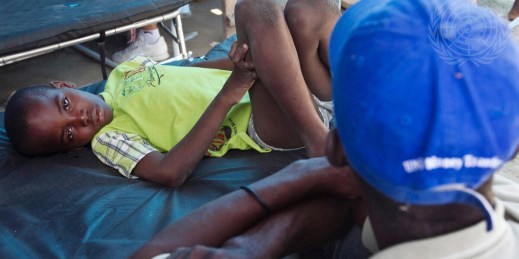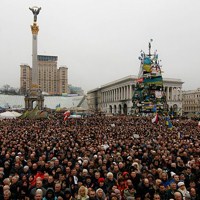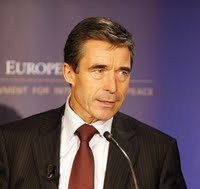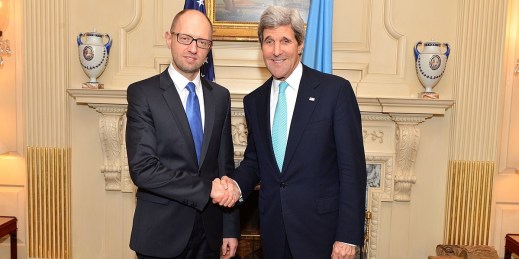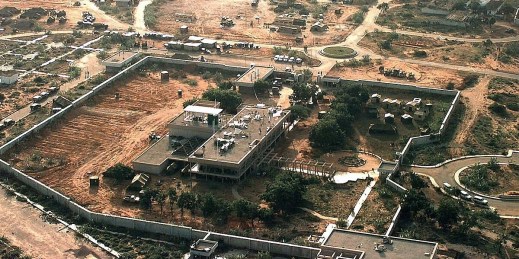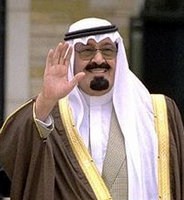
When the Cold War ended, the days of imperial expansion seemed to go with it. No one expected the revanchism of bygone empires to affect, much less shape, the 21st-century global security system. But that is exactly what is happening. Al-Qaida is using the dream of a long-lost Arab empire to justify terrorism. China is yearning for territory it owned centuries ago and seems willing to use its rising economic and military power to regain it. And now Russia has joined the revanchists by invading Ukraine and seizing a large chunk of its territory. As a result, policymakers, military strategists […]




